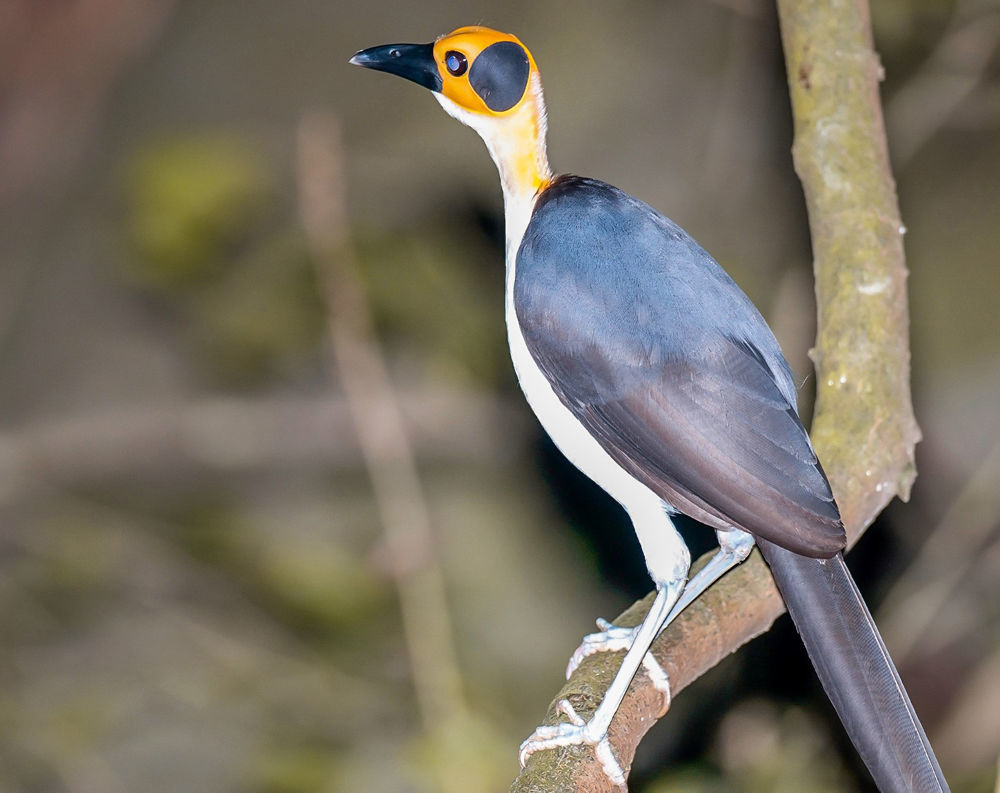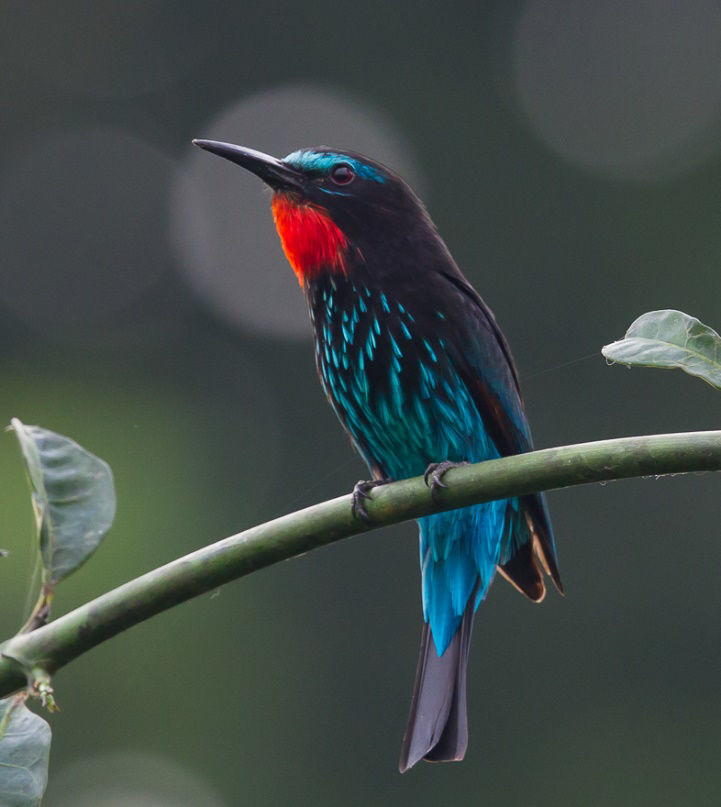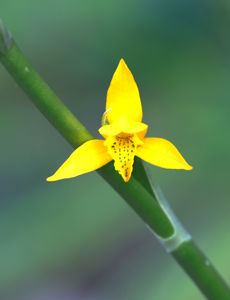Toll Free: 800.328.8368
Phone: 512.328.5221
Ghana
Upcoming Dates
March 2 - 24, 2026
Departs
Accra
Returns
Accra
Tour Limit
8 (4 available)

White-necked Rockfowl © B. Cottele
Exotic, extremely friendly, safe, and English-speaking, Ghana is a mecca for West African birding. Lying along Africa’s stunning Gold Coast, this beautiful country boasts many sought-after West African and Upper Guinea endemics, a broad cross-section of African bird families, big game, and a kaleidoscope of colorful butterflies. An acclaimed new field guide makes the identification of Ghana’s more than 760 bird species easier and fun. Our comprehensive itinerary explores all the major biomes from lush lowland rainforests including an impressive canopy walkway, coastal savannas, gallery forest, and rich lagoons and glorious white sand beaches to the arid Sahel region to the north. March is a prime-time weather-wise and for wintering European songbirds. We expect our species list to approach 450 birds. Good photographic opportunities throughout.
The crème de la crème in Ghana are two intriguing and highly sought-after birds, each occupying its own distinct family: the nearly mythical White-necked Rockfowl (or Yellow-headed Picathartes) and the beautiful Egyptian Plover. And the incomparable male Standard-winged Nightjar has unique wing ornaments, two drone-like flight feathers that follow above and behind them in flight, which simply has to be seen to be believed! Other avian highlights should include eight dazzling bee-eater species, five turacos, five rollers, twelve kingfishers, and an amazing 20 sunbirds! We will also enjoy an exciting selection of mammals, including Savanna Elephant, Roan Antelope, Kob, Bushbuck, Blotched Genet, and several primates including the delightful Geoffrey’s Pied Colobus and maybe even a Pangolin.
We begin our adventure in the colorful capital, Accra, at our delightful beach hotel. Forested grounds and a lake are home to colorful kingfishers, and even the fascinating cloaked Black Heron can be observed using its unique umbrella fishing technique! Nearby Shai Hills Wildlife Reserve offers a perfect introduction to the West African avifauna and its scenic savannah grasslands and woodland scattered with large rock formations and caves. The fabulous forest of nearby Kalakpa Resource Reserve provides a completely different set of avian targets.
The rich coastal lagoons of Winneba, a RAMSAR site, are of global importance for wintering shorebirds and terns. A fine assortment of Palearctic waders, terns, and herons await us, as well as the high possibility of an exciting vagrant or two. We will also step back into Ghana’s history with a visit to the infamous Cape Coast Castle, built in 1653, now a World Heritage Site offering a chilling reminder of the horrors of the transatlantic slave trade.
Kakum National Park’s rich tropical rainforest holds Africa’s only canopy walkway, a true highlight where we will enjoy a plethora of colorful avian treasures at eye level, including many Upper Guinea endemics and more. At Ankasa Reserve, our beautiful lodge nestles into the forest along the Ankasa River, where avian gems abound.
The Abrafo Forest Reserve is home to a protected breeding colony of the unique and highly sought-after White-necked Rockfowl. Like South America’s cocks-of-the-rock, this secretive forest-dweller cements its mud nest onto the bare faces of the dry overhangs, granitic boulders, and inselbergs that characterize this landscape. Observing these large, bizarre forest dwellers bounce four to five feet at a time between perches at close range as we sit quietly on our benches will be a trip highlight.
Northern Ghana’s Sahel region features drier Guinea woodland and savanna. Spectacular Mole National Park is home to almost 100 mammal species and more than 330 species of birds. Our delightful lodge here stands atop an 800-foot escarpment, with breathtaking views of the park’s 1,900 square miles. Continuing north towards the Burkina Faso border, we will visit the delightful Tongo Hills and Volta River where several special targets await, including the incomparable Egyptian Plover and Four-banded Sandgrouse.
Good mid-range to excellent accommodations, all with AC except for one night at the Picathartes using a fan; travel in a spacious, comfortable air-conditioned 24-seater bus; at Ankasa, to enter deep into the reserve we use 4x4 vehicles; one lengthy drive to Mole National Park; one internal flight; excellent birding off a well-constructed canopy walkway in lowland forests; a few hikes requiring good physical condition, one hour each way for the rockfowl; climate hot and humid but cooler at night and becoming drier in the north.

Black Bee-eater © Willie De Vries
Departure Dates
Route Map
Tour Leaders

Local
Leader
Field Reports
No Field Reports
Connecting Tours
No Connecting Tours
Operations Manager

Celeste
Dillon
Questions? Contact the Operations Manager or call 800.328.8368 or 512.328.5221



